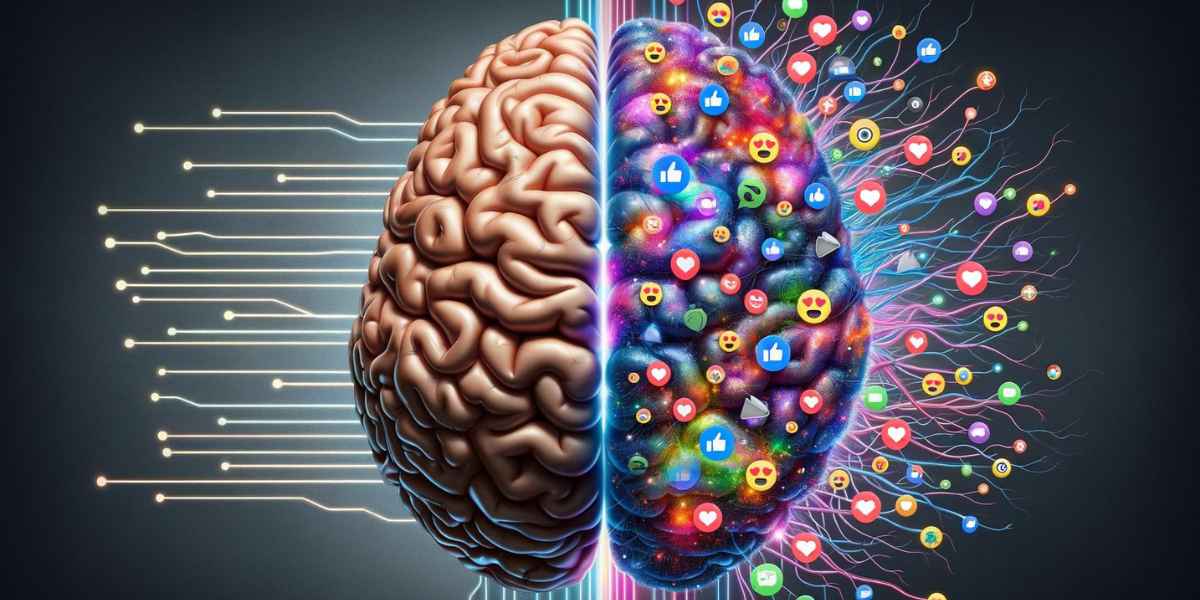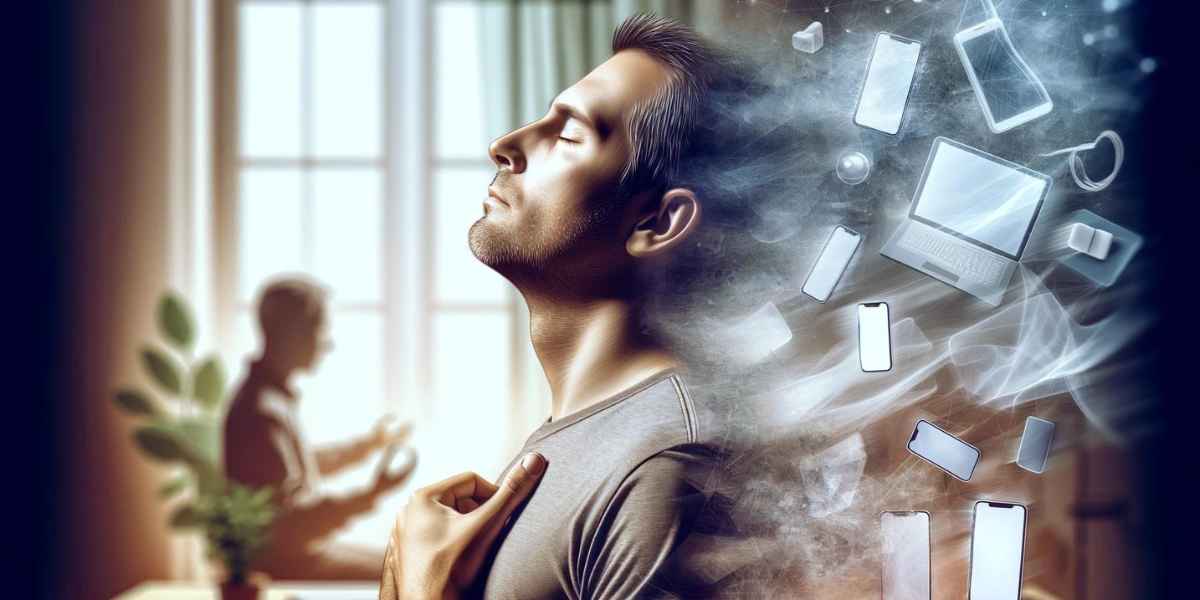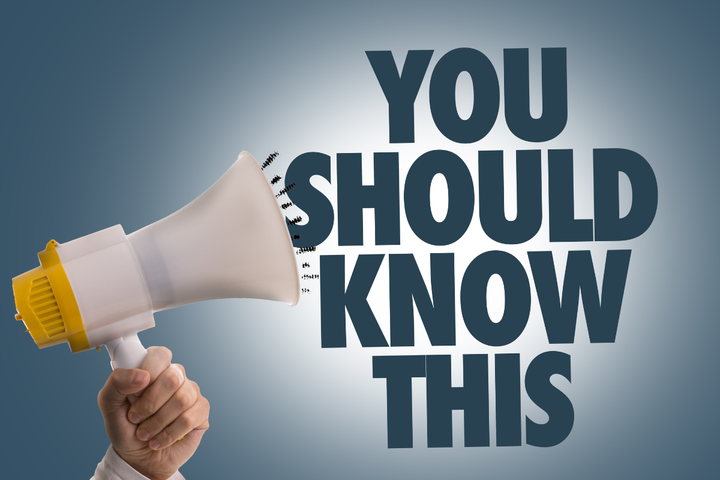Digital Detox: Eliminating Social Media For Our Peace & Well-Being
Since the rise of social media, people are addicted to their phones. This is why experts suggest Digital Detox. What is it and Why is it important? Let's find out.

When was the last time you saw someone without a phone? People even click selfies with idols in temples and with corpses in funerals. We're all slowly turning into one same breed of sheep, although we claim to be different from others. Since the rise of social media and smartphones, people have attached themselves to this addictive device. It's like phones have become their unofficial siblings. Right from 4-year-old children to 60-year-old seniors, people seem to be caught up constantly with their phones and social media platforms. This can severely hamper our peace and mental health. This is why experts suggest 'Digital Detox'. But what is it? Let's explore:
What Is Digital Detox?

The textbook definition would be that when a person is in 'Digital Detox', he reduces or stops using electronic devices like smartphones and social media platforms entirely. The process of executing this can differ among individuals. For example, A person can use his laptop to perform his professional commitments but refrain from indulging in social media platforms. That'd still come under the 'Digital Detox' process. It is a matter of one's convenience and requirements.
How Does Using Too Much Social Media Affects Our Mental Health?

Firstly, by scrolling through reels and shorts whose algorithm caters to your likes and preferences, you constantly experience dopamine hits. In simpler terms, Dopamine is a 'Happy Hormone', and since these social media platforms use algorithms to push content that you like, you end up scrolling more because it makes you happy, while in reality, you're just being unproductive and lazy. You keep coming back to these social media platforms because it makes you feel "happy". That is addiction.
Secondly, Phone screens emit a blue light, which lowers the amount of Melatonin in our bodies. Melatonin is basically a hormone that is responsible to help us sleep. So when that hormone gets affected, you stay awake, and since it is the very same device where the addictive social media platforms also exist, you end up not sleeping for some dopamine hit. The long-term effect is that when you lack sleep, your body lacks enough energy to stay focused and productive. And since good sleep is one of the primary factors responsible for our well-being, lack of sleep can affect it to a greater degree. This is one of the reasons why experts suggest keeping phones aside before going to bed.
How To Do A 'Digital Detox'?

We cannot just throw our phones and devices away in the name of 'Digital Detox'. It is not practical and it is difficult to execute by everyone. So, Let's start slow by limiting social media consumption first. Set a timer, for example, 30 minutes a day, and once you hit that 30th minute, you must stop using any social media platform. Your consumption of digital media becomes 30 minutes in 24 hours. As time passes, reduce the said time to 20 minutes and 15 minutes until you don't feel the need to use social media platforms except for something productive.
Now, Once you're past the beginner level, where you have limited your device's screen time, it is time to turn off notifications for every social media platform and distracting apps or games. Notifications have the power to trigger our brains to open the app. Imagine you're working, and you get a notification of the latest reel from an influencer. Your mind gets distracted by the notification sound, and when you check out the notifications' content, you feel like opening the app to check it out. When you do this while working, it affects your overall productivity. I'll be honest. Not even a single notification from those apps and platforms is important in your life. The only notifications you should care for are from people you love and appreciate.
The next level would be to delete all the distracting apps until you feel self-reliant again. Now, hear me out. There is a reason behind advocating this. Nowadays, we rely entirely on social media platforms or apps. The addictive nature of these apps makes us feel that they're responsible for our happiness and for killing our boredom. That's just how our mind works. And when we rely on something as a source of happiness, it makes us feel lonely. Because, To feel self-reliant and happy, the source of your happiness should be you and nothing else. Join a gym, work out and transform your body, start reading books, learn to play an instrument, call your friends and hang out with them. There are many things in life that make us happy. Please do not fall into the illusion that scrolling reels make our lives beautiful.
Remember, a man reading two chapters from a book may feel happier than scrolling his social media feed for two hours.
Pro Tip:- It is important to be patient during this detoxing process, as withdrawal symptoms may make you feel extremely anxious or bored.
Footnote

Digital Detox can differ among individuals. Some would want to stay off social media or limit their consumption. And some would want to stop using phones overall. Be that as it may, start by reducing the usage of social media or phones and later eliminate it unless you need it to connect with your network or expand your business—the real reason why allegedly social media was created.




Comments ()